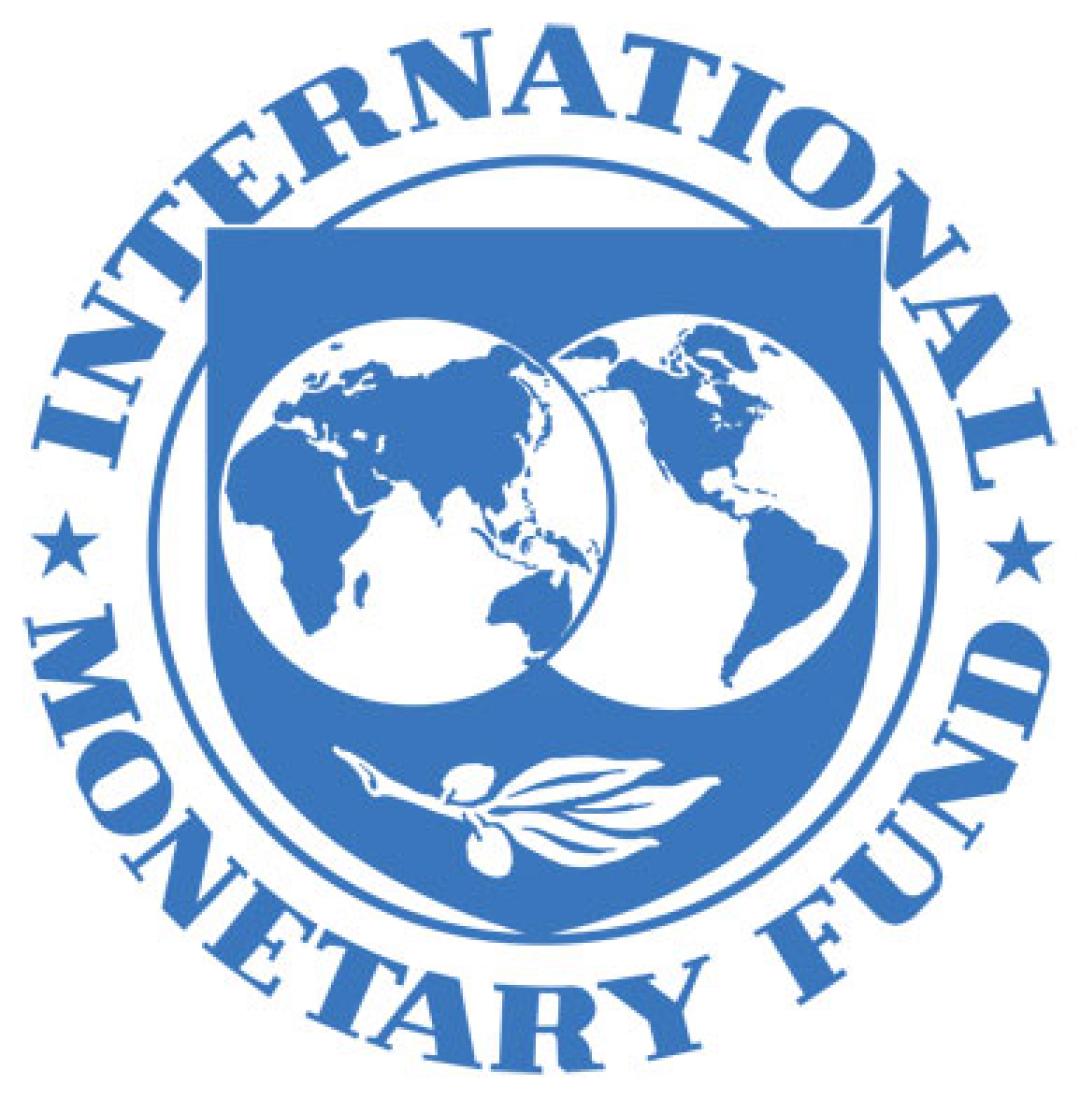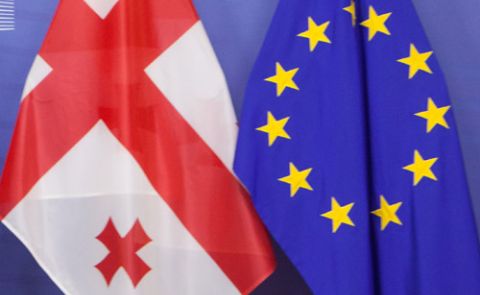
Tax reforms to help Armenia reduce the budget deficit - IMF

Tax reforms will help Armenia to reduce the budget deficit according to a statement from the International Monetary Fund. This followed the results of the latest monitoring mission in Armenia (this time the mission was carried out virtually).
The statement mentioned that the Armenian government is discussing the possibility of levying VAT in the fields of education and health care (with the possibility of tax write-offs for unsecured families). The idea of transferring a part of small and medium-sized businesses from the turnover tax zone to the VAT and income tax field is also being discussed (approximately 2-2.5 times higher in terms of load). The IMF also positively evaluates the project to levy export duties on metal concentrates and alloys (ferromolybdenum). These duties entered into force on September 4.
According to IMF, it will help to collect more of its own revenues to finance additional social programmes and reduce the debt-to-GDP ratio below 50% in the medium term.
In 2020, due to anti-crisis programmes, the budget deficit reached 5.5% of GDP, and the government's debt, which at the end of 2019 was slightly less than 50%, now stood at 63.5%. The deficit is now shrinking thanks to increased economic activity, tax collection, and a gradual cut in government support programmes.
The IMF expects that the Armenian economy will grow by 6.5% in 2021, and by 4.5% in 2022. Among the possible risks, the IMF named geopolitical exacerbations and the instability in world markets. A new wave of coronavirus could be a serious risk, but the government has accelerated the pace of vaccinations, which is welcome, the statement said.
See Also


BP Strengthens Presence in Azerbaijan’s Offshore Energy Sector

Netanyahu’s Letter to Aliyev: Mutual Trust, Solidarity Following Hamas Attacks, Facilitating Dialogue Between Israel and Türkiye

Azerbaijan Expands JF-17 Thunder Fighter Jet Order from 16 to 40 Units

EU Commissioner and NATO PA Warn Georgia Over Democratic Decline Amid Accession Challenges

